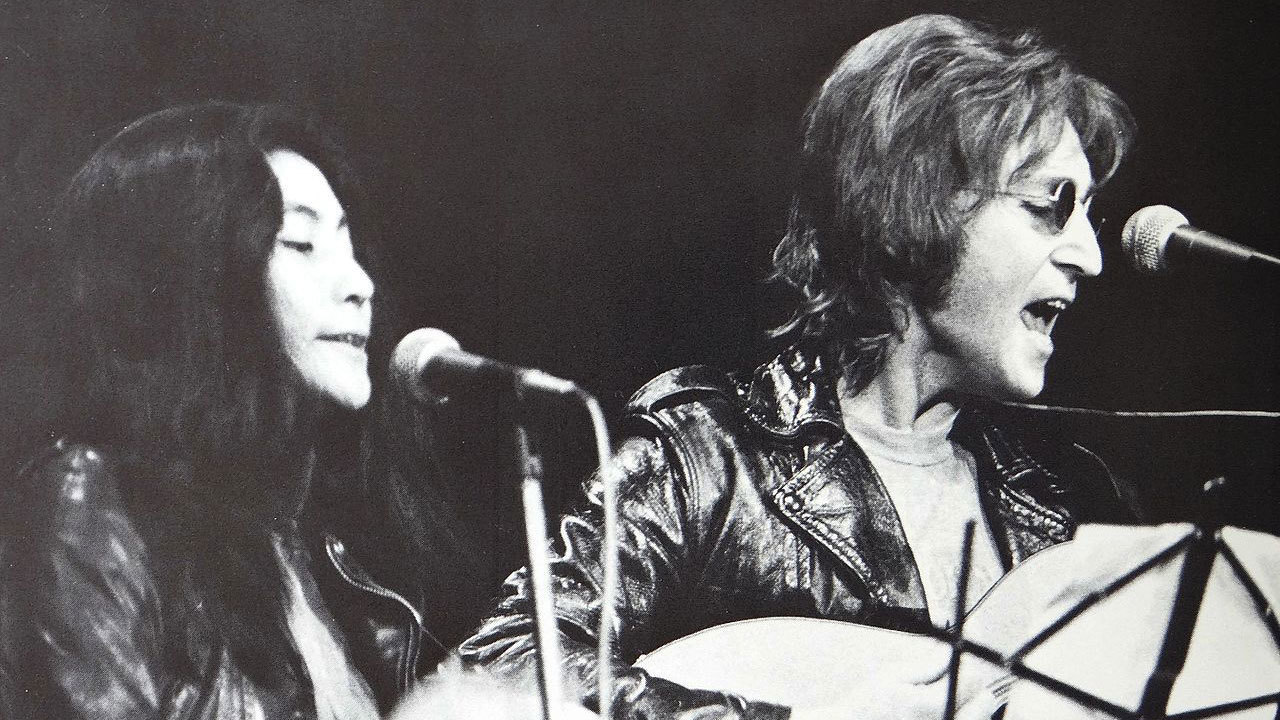
- Music
Great Voices, Great Lives: Music Docs Are Hot
The music documentary, as a genre, never went away. But in the past few years, we have seen a resurgence with major plans for the future. Streaming networks have aided this progression considerably, given that documentary filmmakers now have the chance of relying on a safe harbor for their work instead of scrambling to get their films released in theaters or only seen by a handful of people. Not that the great documentaries should not be seen on the big screen, but Netflix, Amazon and the likes have certainly made it easier.
What makes a great music doc is not just a biography of a talented musician but an emotional life story. Amy, the tragic tale of the super talented British singer and songwriter Amy Winehouse is a case in point: in the Oscar-winning 2016 doc, we learned how interwoven her music was with what she went through. When What Happened, Miss Simone? premiered at the Sundance Festival four years ago, audiences that had never heard a Nina Simone song were completely drawn into the world of this great artist. The same thing happened two years later with Gaga: Five Foot Two, and the behind-the-scenes look into Lady Gaga’s life. And recently with Amazing Grace, about Aretha Franklin’s two-night stand at the New Temple Missionary Baptist Church, the very 1972 shows that gave us one of the greatest live albums ever. Although it can be safely assumed that anyone who has never heard their names must be living under some sort of rock. But even Aretha specialists are surprised and thrilled that, thanks to Sydney Pollack, they can finally see the footage of a concert that took place 46 years ago
A little similar if not that grand is Grace Jones: Bloodlight and Bami that chronicles the singer, former Warhol-muse and one-time Bond girl (A View to a Kill) over the course of recording her album ‘Hurricane’ in 2008, directed by Sophie Fiennes.
But a good music documentary does not have to be about someone famous, necessarily. Twenty Feet from Stardom made extremely good money at the box office, not just because it won an Academy Award, but because the life and career of backup singers that support big artists were so mesmerizing, it drew the audience in. One cannot underestimate the educational value of such documentaries. Unlike a feature film, a good doc will always provide something new, something to learn.
It helps when a documentary is made by someone close to its subject. Last December, Quincy, the film about life and career of the legendary music producer Quincy Jones came out and transported the audiences not just through very poignant, historical eras like the civil rights movement, but also offered an insight into his more than colorful private life. I bet, he would not have talked this openly about his failed marriages and shortcomings as a husband and father, had it not been his daughter Rashida Jones who produced it.
This past year also brought us a Whitney Houston doc (Whitney, by Kevin MacDonald), A Tuba to Cuba about the New Orleans Jazz Band Preservation Hall’s exploration of their Cuban roots, and The Tragically Hip: Long Time Running about a – in the US little known band – that are huge superstars in Canada. To name just a few.
A new genre within the genre is also exploding: the merging of music and crime. We saw it with the Tupac & Biggie limited series and now we can watch the ReMastered investigative series that tells eight individual stories of artists and either their involvement with or tragic loss of life due to crime, created by the brother-duo of Michael and Jeff Zimbalist.
The episode Who Shot the Sheriff? delves into the Reggae movement in Jamaica and the CIA’s involvement in the shooting of Bob Marley. Tricky Dick and the Man in Black tells the story of Johnny Cash after he is invited to the Nixon White House because the President wanted to use country music’s fanbase for his own political gain. Who Killed Jam Master Jay? investigates the death of Run DMC’s frontman who was gunned down in a Jamaican recording studio with no one ever convicted of his murder. Massacre at the Stadium is about Victor Jara, Chile’s Bob Dylan, who rose against dictator Pinochet. The Two Killings of Sam Cooke is especially interesting: it tries to connect a coverup by the record industry to suppress news of his death just as they had suppressed the politics of his life during the civil rights movement.
Three more in the series have just launched or are about to launch. In March, John & Yoko: Above Us Only Sky began airing, which spotlights the sessions for the legendary album recorded at Lennon’s home in Ascot, England and follows them sessions throughout the summer of ’71 as the Lennon’s emigrate to New York City. Another documentary about Lennon – this one detailing the lost days he spent in 1973 with mistress May Pang – is in production.

